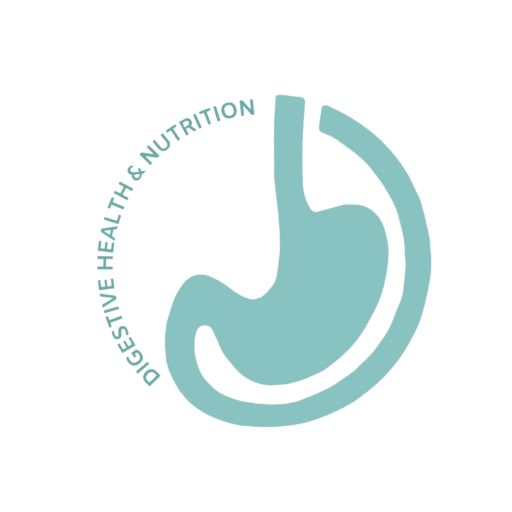Gastroesophageal Reflux (GERD) in Children
Gastroesophageal reflux (GERD) occurs when stomach contents, including acid, flow back up into the esophagus, causing discomfort and symptoms such as heartburn. While reflux is common in infants and young children and often resolves on its own, persistent or severe symptoms may indicate GERD, a more serious form of reflux that can affect growth and cause complications if left untreated.
What is Gastroesophageal Reflux (GERD)?
In healthy digestion, food moves down the esophagus into the stomach, where a valve (the lower esophageal sphincter) closes to prevent the contents of the stomach from coming back up. GERD occurs when this valve doesn’t work properly, allowing stomach acid and food to return to the esophagus, leading to irritation and discomfort.
Common Symptoms of GERD in Children:
- Frequent vomiting or spit-up
- Heartburn or chest discomfort
- Coughing, wheezing, or breathing problems
- Refusal to eat or difficulty feeding in infants
- Poor weight gain or growth failure
- Irritability during or after meals
- In older children, regurgitation of food and acid
Diagnosis of GERD:
If GERD is suspected, doctors may perform tests such as:
- PH monitoring: To measure acid levels in the esophagus.
- Endoscopy: To check for damage to the esophagus lining.
- Upper GI series: An X-ray to examine the digestive tract.
Treatment and Management of GERD:
Lifestyle and Dietary Changes:
- For infants, small, frequent feedings may help reduce reflux.
- For older children, avoiding foods that trigger reflux (like spicy or acidic foods) and keeping the child upright after eating can help manage symptoms.
- Raising the head of the bed during sleep can also reduce nighttime symptoms.
Medications:
- Antacids: These can neutralize stomach acid and provide short-term relief.
- H2 blockers or proton pump inhibitors (PPIs): These reduce acid production in the stomach and are often prescribed for more severe cases.
Surgical Intervention: In rare and severe cases where GERD doesn’t respond to other treatments, surgery (such as fundoplication) may be considered to reinforce the valve between the esophagus and the stomach.
Potential Complications of Untreated GERD:
- Esophagitis: Inflammation of the esophagus caused by acid irritation.
- Strictures: Narrowing of the esophagus due to scar tissue.
- Breathing Problems: GERD can exacerbate conditions like asthma or lead to recurrent pneumonia.
Support and Resources:
- Reflux and GERD by GI Kids: This resource offers helpful information on understanding GERD, its symptoms, and management tips.
Proper management of GERD can significantly improve a child’s quality of life and prevent long-term complications. Parents should work closely with healthcare providers to find the most appropriate treatment for their child’s condition.

